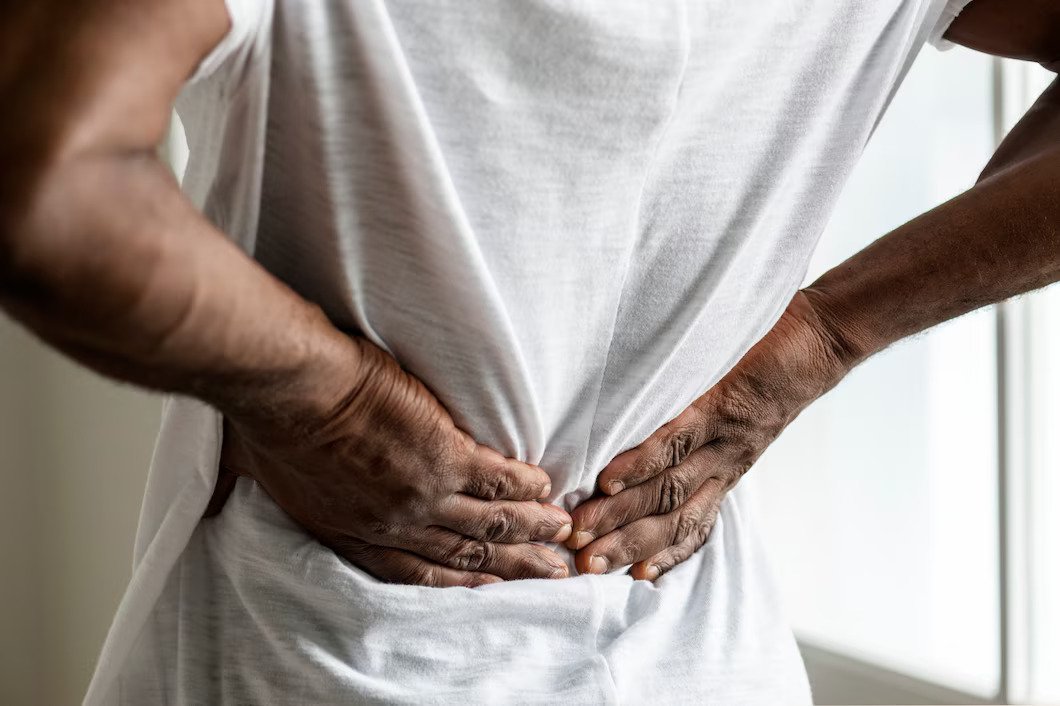Last Updated on August 21, 2024
Are you at risk of developing kidney stones? Get to know the reasons, the warning signs, and the ways to avoid it for the sake of your health. Read more to find out!
Kidney stones can cause significant discomfort and distress. They are solid deposits that lodge themselves in your kidneys and can cause severe pain, aching and other various symptoms including nausea and fever. How they form, how to find them and how to prevent them are all important aspects in the management and risk reduction of kidney stones.
Causes of Kidney Stones
Kidney stones form for many different reasons, the primary reason being dehydration. If you don’t drink enough water your pee gets so concentrated that some of the stuff in there starts to crystalize and forms stones.
Dehydration is definitely one of the causes, but your diet, body weight, some supplements, and medications can all lead to the formation of kidney stones as well. These stones can be made of calcium oxalate, calcium phosphate, uric acid, or cystine.

Detecting Stones
Well, finding kidney stones is a process of testing how much of certain substances that could make a stone are in your urine. These testing are very important because they help us to know why the stones are forming and also the best way to treat or prevent that.
For instance, high levels of calcium in your urine can indicate a risk of forming calcium stones, while high oxalate levels can lead to calcium oxalate stones. They also check uric acid levels because high levels can lead to uric acid stones.
Also Read This: Occupational Therapy for Neurotypical Kids
Importance of Testing
Anyone that has had kidney stones or is predisposed to having them needs to get tested. It allows doctors to see what is causing the stones to form and what can be done to cure or prevent them.
Testing is particularly important if you’ve had multiple stones, are at high risk of developing more, or have stones composed of unusual substances. If you’ve had two or more kidney stones, or if your doctor believes you’re at high risk for more, testing is recommended.
Testing Process
Which always includes the process of a 24 hour urine collection-sometimes spread over two days. That allows doctors to see exactly what is going on in your body.
You might also be asked to give another urine sample and have some blood drawn to see if there are any factors present that contribute to stone production. The results from your kidney stone test panel are evaluated alongside other factors to assess your risk of developing more stones.
Understanding Results
For example, high levels of calcium or uric acid in your urine could indicate an increased risk of stone formation. However, it’s important to note that test results alone can’t predict exactly when or if you’ll develop another stone.
If you’ve changed your lifestyle or are taking medication to prevent stones, your test results might show lower levels of stone-promoting substances, indicating a reduced risk of future stone formation.
Also Read This: Allergy Tests: Your Path to Relief Starts Here
FTIR Analysis
One method is Fourier Transform Infrared Spectroscopy (FTIR) to determine the makeup of a kidney stone. The kidney stone is ground into a fine powder and the powdered sample is placed in an FTIR spectrometer which basically takes a spectrum of how the sample absorbs infrared light.
They use the infrared spectrum from the analysis to determine what chemicals the stone is made of. This spectrum is then compared to reference spectra to determine the minerals and other components of the gem. FTIR can also determine the relative amounts of each component.
Preventing Stones
Knowing what the stone is made of allows one to better treat the stone and also to prevent future stones. FTIR is especially helpful in fitting treatments to the type of kidney stone the patient has, and in directing preventative measures and in the research of how kidney stones form and why they recur.
Managing Health
Knowing what causes kidney stones, how they are diagnosed, and what treatment options are available can help you take control of your health and minimize the chance of another stone. Staying hydrated, monitoring your diet, and following your doctor’s recommendations are key to preventing the formation of kidney stones and maintaining kidney health.

- This article is written by Dr. Shantakumar Muruda, MD, Founder CEO, and Medical Biochemist at QXL Diagnostics Super Speciality Lab, Bangalore.


